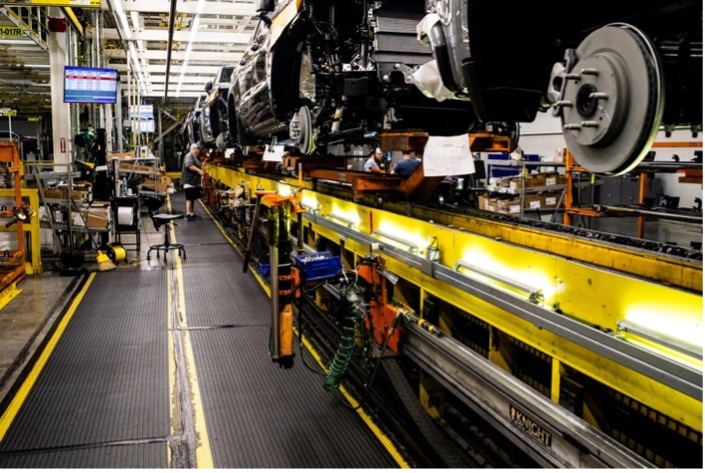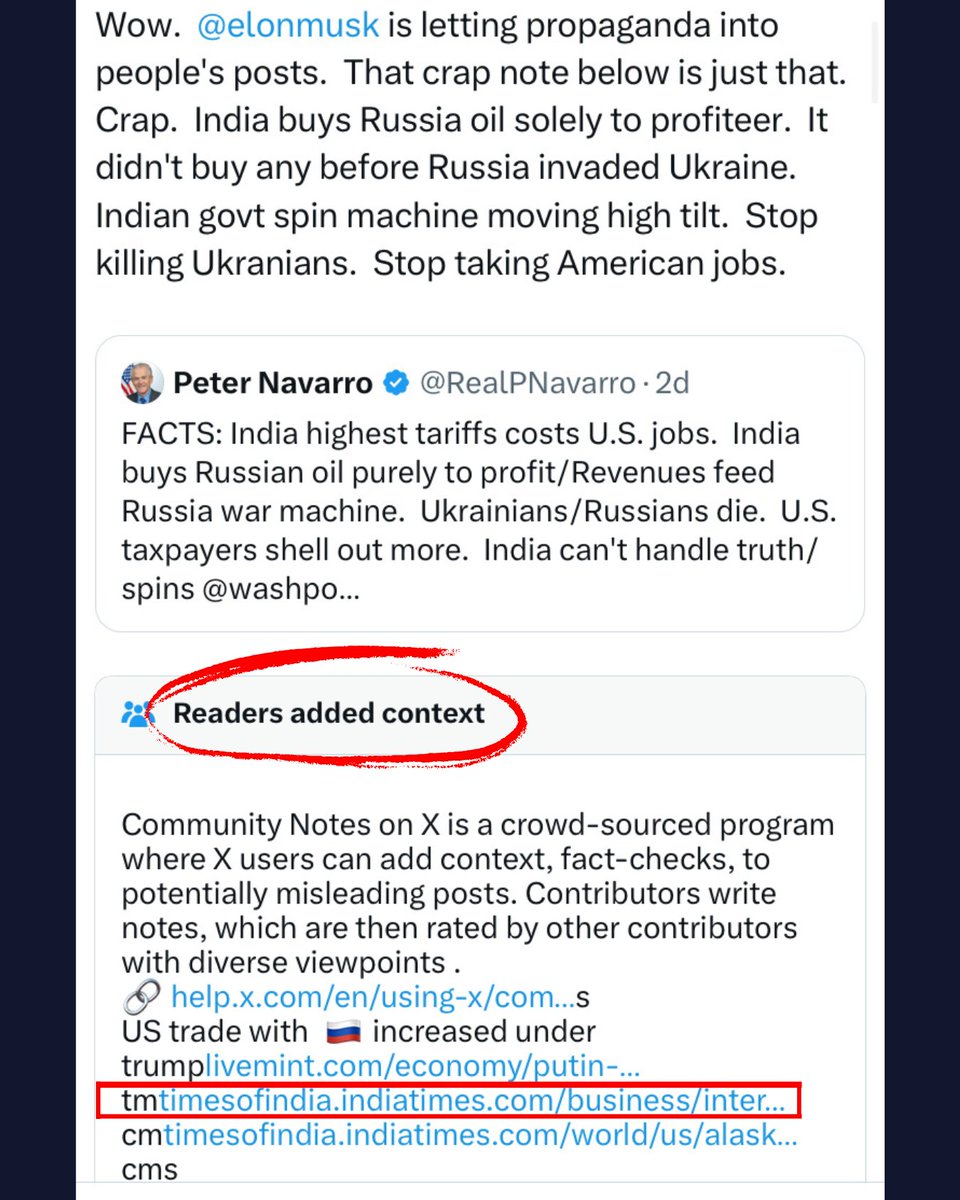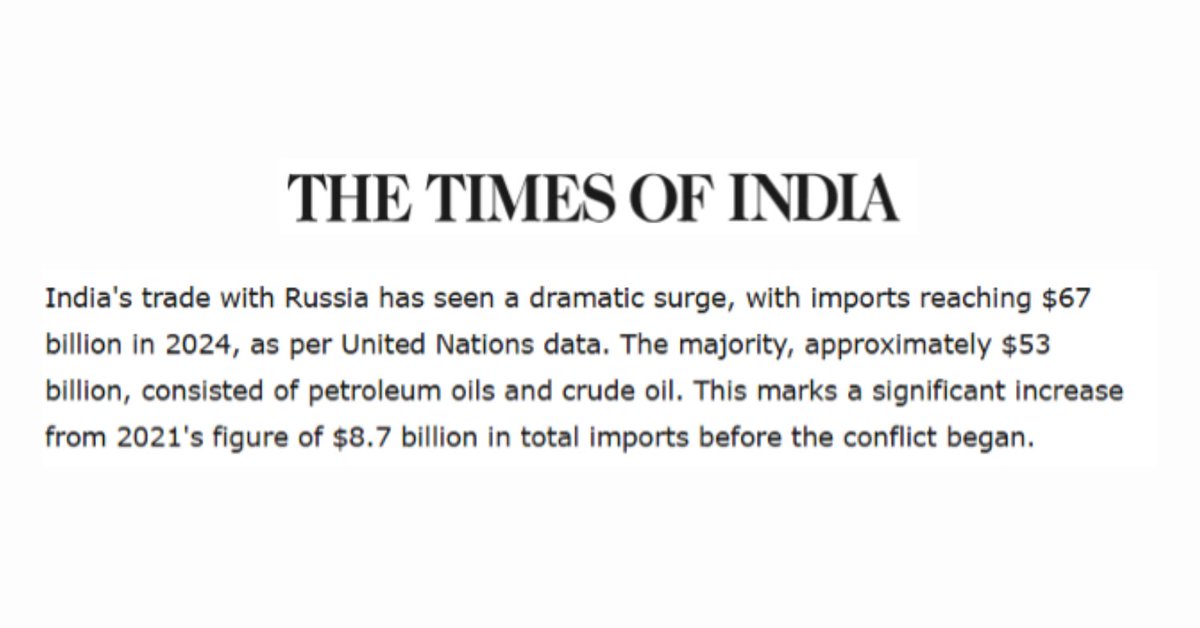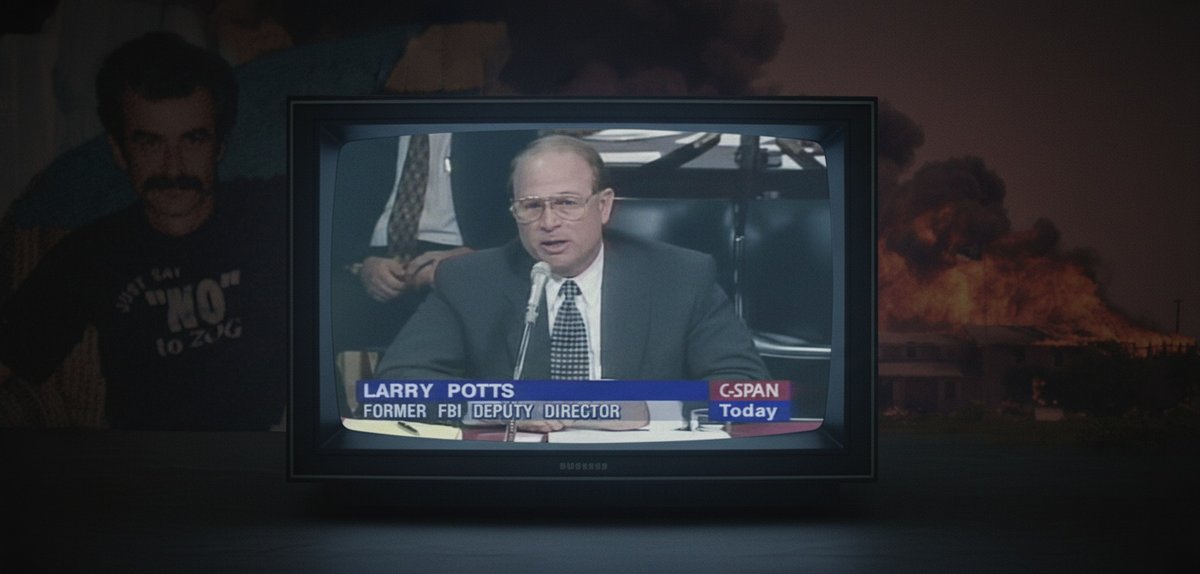Charles J. Kirk will go down in history as the most effective political organizer in presidential politics in the last 50 years.
His achievement stands out not only for its scale but for its difficulty:
Persuading and mobilizing a generation long presumed to be Democrats’ property. 🧵
His achievement stands out not only for its scale but for its difficulty:
Persuading and mobilizing a generation long presumed to be Democrats’ property. 🧵

2/ To understand Kirk’s accomplishment, it helps to measure him against two of the last half-century’s most consequential organizers:
Ralph Reed and David Axelrod.
Each built durable models for mobilization—but each worked with coalitions already inclined to their parties.
Ralph Reed and David Axelrod.
Each built durable models for mobilization—but each worked with coalitions already inclined to their parties.

3/ Ralph Reed burst onto the scene in the 1990s as head of the Christian Coalition.
His genius was mobilizing evangelicals—already aligned with Republicans but not habitual voters—into a disciplined political army.
Reed helped deliver the GOP House majority in 1994 and the presidency to Bush in 2000.
His genius was mobilizing evangelicals—already aligned with Republicans but not habitual voters—into a disciplined political army.
Reed helped deliver the GOP House majority in 1994 and the presidency to Bush in 2000.

4/ David Axelrod, Obama’s strategist, was a maestro of message and data.
Like Reed, Axelrod’s contribution was not persuasion but optimization.
In 2008, he married soaring rhetoric with cutting-edge analytics to unleash groups that were, at that time, Democratic-leaning.
Youth, African Americans, and Hispanics turned out in record numbers, flipping states like Indiana, Virginia, and North Carolina.
Like Reed, Axelrod’s contribution was not persuasion but optimization.
In 2008, he married soaring rhetoric with cutting-edge analytics to unleash groups that were, at that time, Democratic-leaning.
Youth, African Americans, and Hispanics turned out in record numbers, flipping states like Indiana, Virginia, and North Carolina.
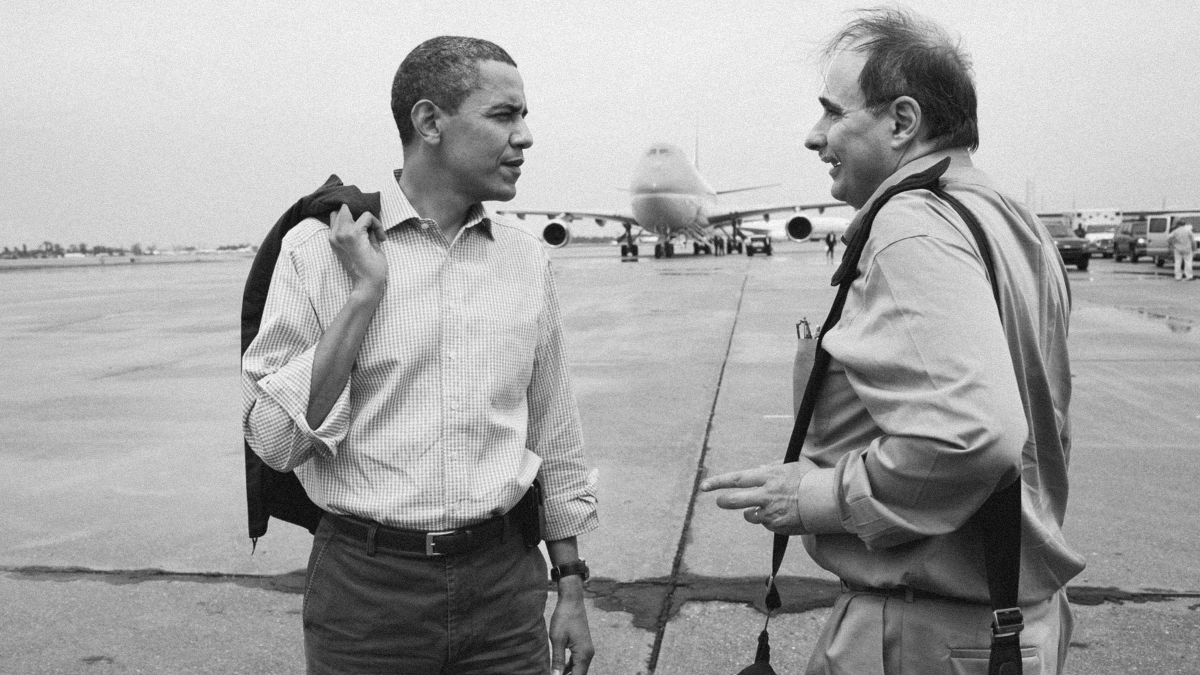
5/ Charlie Kirk confronted a far greater challenge:
Before turning out the youth vote, he first had to turn it Republican.
When he founded Turning Point USA in 2012, Republicans had written off young voters as reliably Democratic. By 2024, President Trump won an outright majority of young men.
Before turning out the youth vote, he first had to turn it Republican.
When he founded Turning Point USA in 2012, Republicans had written off young voters as reliably Democratic. By 2024, President Trump won an outright majority of young men.
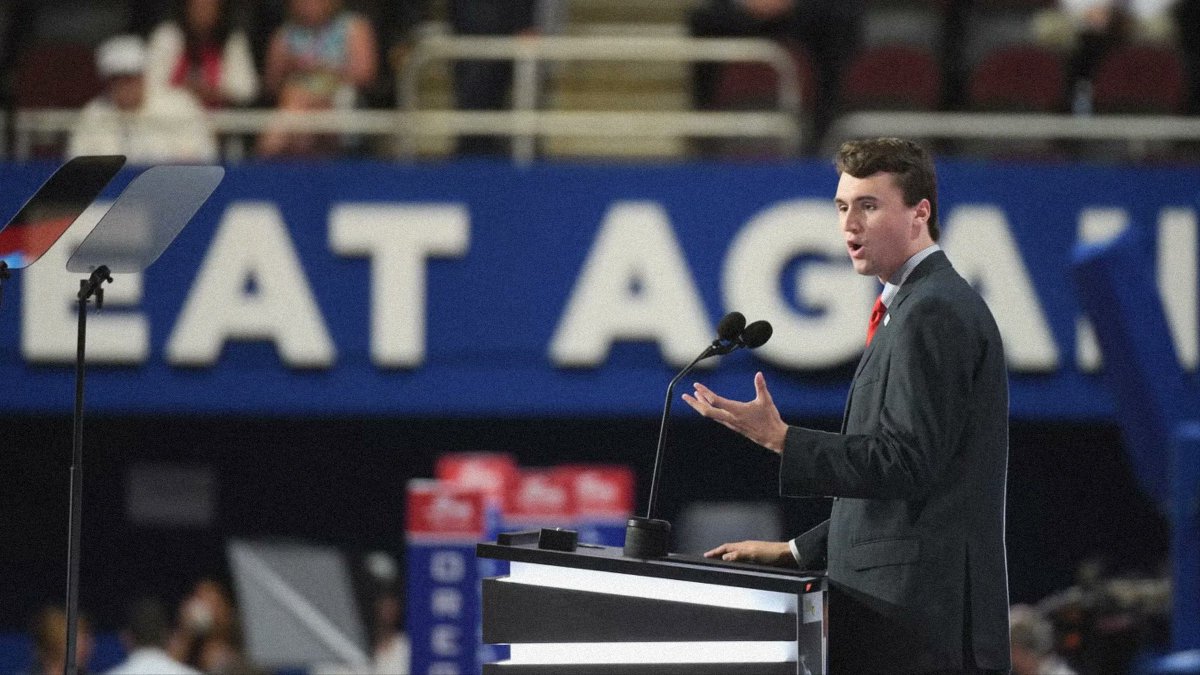
6/ Through 900+ TPUSA chapters, splashy conferences, ballot-chasing field programs, and his Socratic “prove me wrong” campus debates — Kirk normalized being young and conservative in environments long dominated by progressives, then industrialized turnout.
His Arizona, Nevada, and Wisconsin ground games were decisive in 2024, helping shatter Democrats’ historic youth advantage.
His Arizona, Nevada, and Wisconsin ground games were decisive in 2024, helping shatter Democrats’ historic youth advantage.
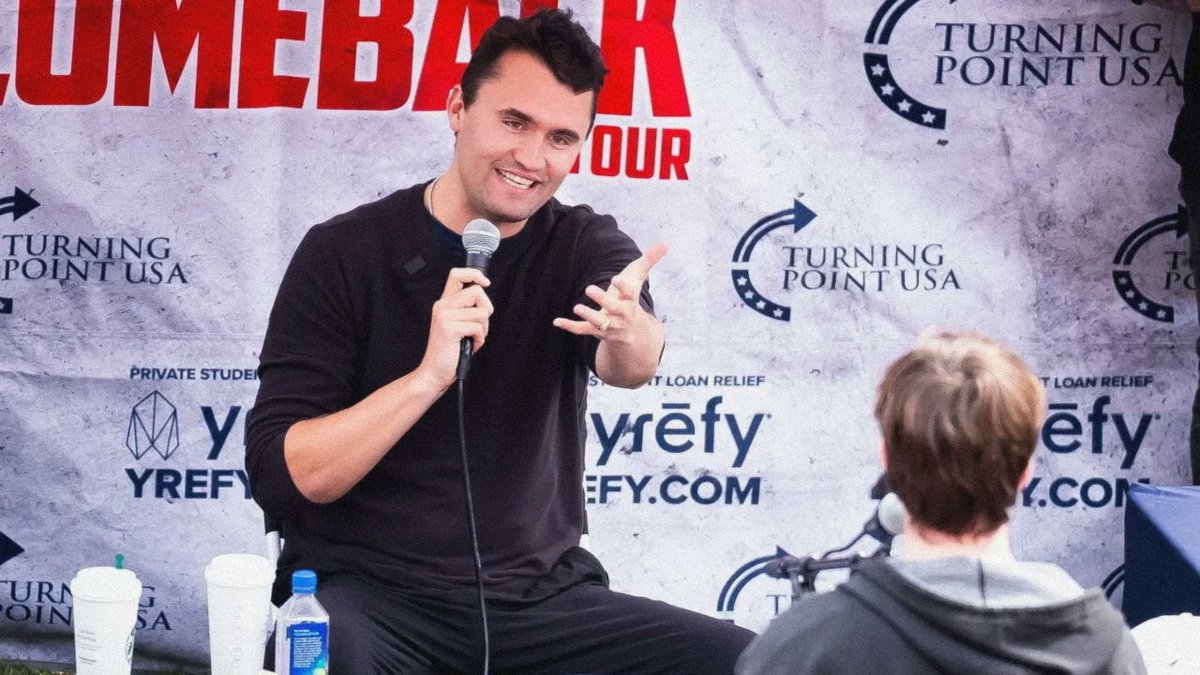
7/ Reed and Axelrod merely mobilized. Kirk persuaded, organized, and harvested a constituency once considered out of reach.
In doing this, Charlie engineered a turning point that may define elections for decades to come.
This is the man—the husband, the father, and the patriot—we lost to an assassin’s bullet.
Our nation, our political system, and our souls will all be the poorer for it. Yet, he has enriched us all.
Brother Charlie, rest in peace. We hardly knew ye. 🇺🇸
In doing this, Charlie engineered a turning point that may define elections for decades to come.
This is the man—the husband, the father, and the patriot—we lost to an assassin’s bullet.
Our nation, our political system, and our souls will all be the poorer for it. Yet, he has enriched us all.
Brother Charlie, rest in peace. We hardly knew ye. 🇺🇸

Read more about Charlie and the historic impact he had in my piece in the @WashTimes.
go.shr.lc/4mktaqM
go.shr.lc/4mktaqM
• • •
Missing some Tweet in this thread? You can try to
force a refresh



